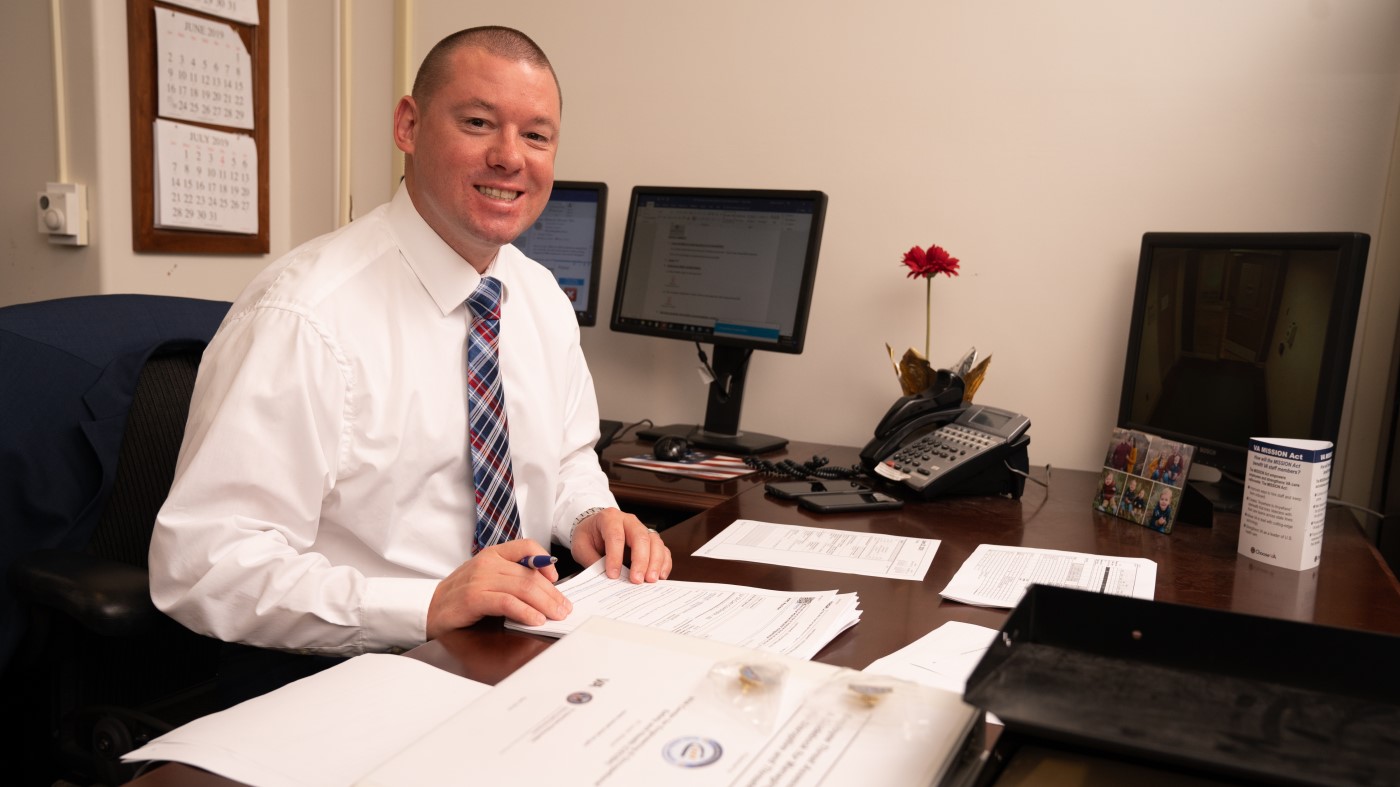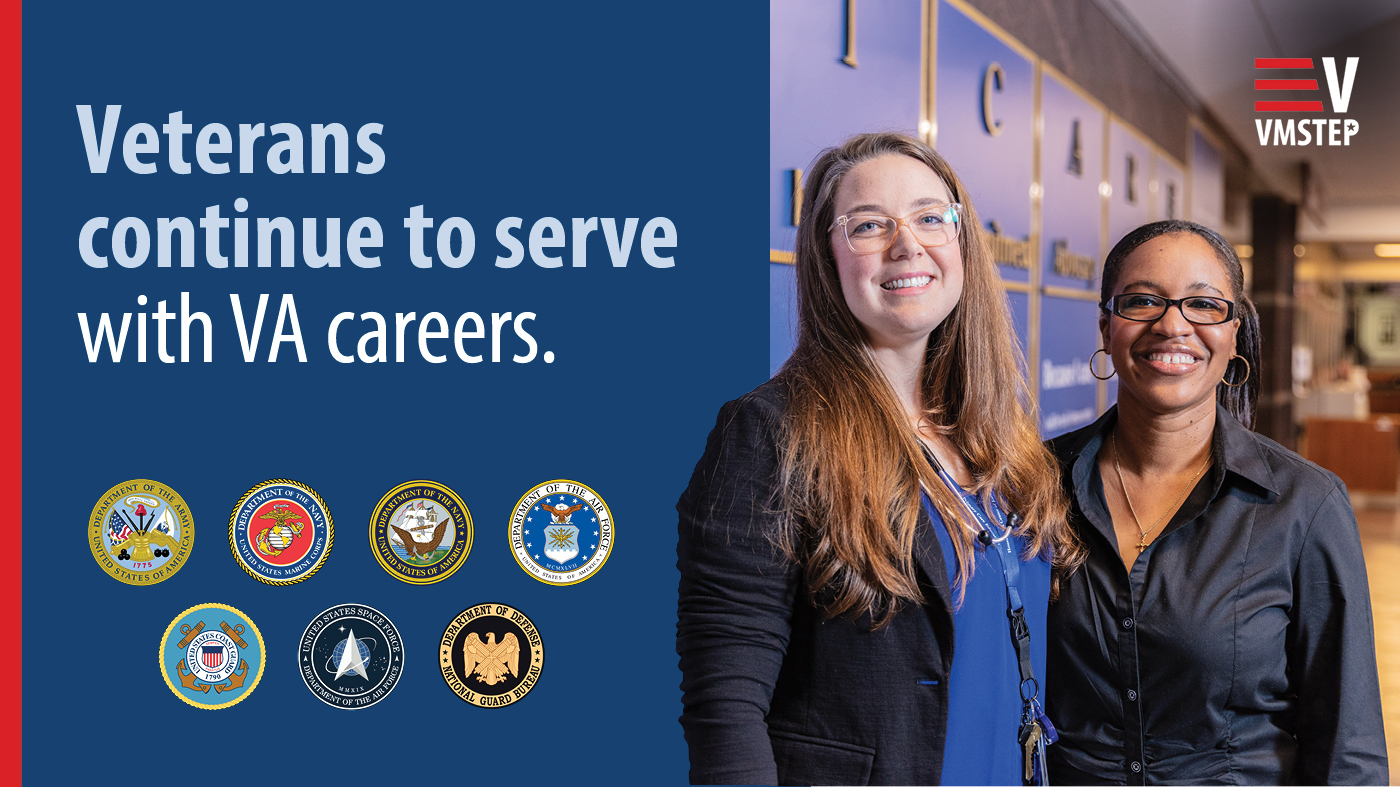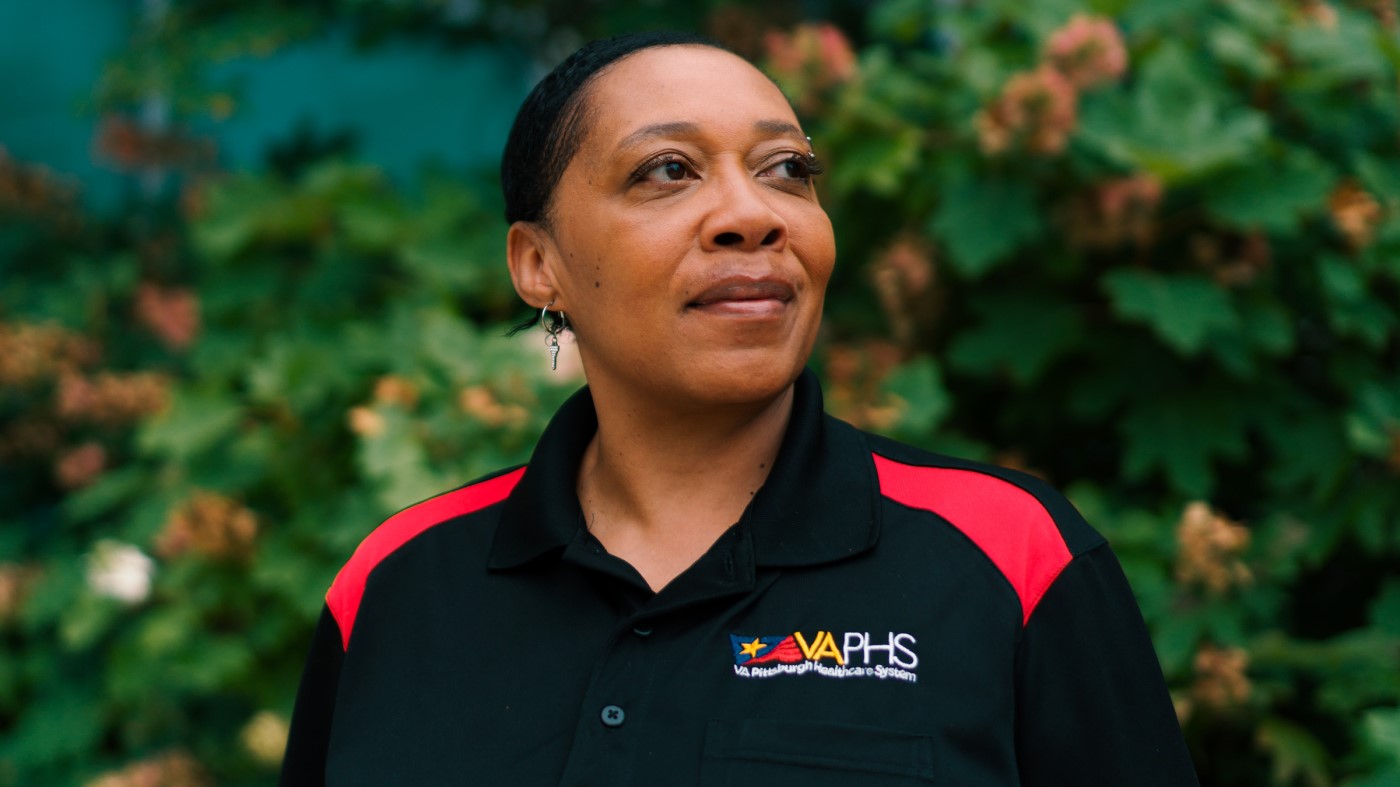Whether you are a Veteran who has served for four years or 40, your time in the military will have taught you many things, not the least of which is a lot of jargon. The acronyms and lingo you learn in the military quickly become second nature.
Unfortunately, not everyone speaks this language. But there are tips and resources available to help translate what you know into something that makes more sense in the civilian job market.
Lose the lingo
When it comes time to convert what you learned in the military to civilian life, you might find yourself grasping for the words to translate the shorthand you used in your daily work in the service. That can make it hard to explain what your job duties were in the military, especially when you’re dealing with civilian recruiters.
“Steer away from acronyms,” offered Kendra Wilson-Hudson, a physician recruitment consultant with the VA National Recruitment Service, during a recent “Talk About It Tuesday” broadcast. “The people who are reviewing your resume may not have served. They may be civilians, and they won’t know what those acronyms mean.”
As a best practice, Wilson-Hudson recommended spelling out what you’re trying to say and shortening it with the acronym in parentheses after.
Tools of the trade
Another place where you might get tripped up on your resume is explaining the duties of your military profession. Like a civilian, you become so used to just doing the work that you may not know how to best explain it to others. As a Veteran, you have the added challenge of translating your expertise in terms a civilian can understand.
Thankfully, there are tools to help polish your resume, including military skills translators that allow you to input your military occupational specialty (MOS) – remember what we said above about using acronyms? – or your service equivalent career. In return, you’ll get a civilian description of your skills.
Perhaps you were an 0111 Administrative Specialist in the U.S. Marine Corps. You and your peers already know what the job involves, but a civilian might not know you tackled accounts payable processes, auditing, customer service, data entry, typing, payroll and more.
Some other examples of translating military professions to civilian skills:
- 92Y Unit Supply Specialist, U.S. Army – Cargo handling, firearms handling and maintenance, inventory management and distribution, logistics support and loss prevention techniques
- 92G Culinary Specialist, U.S. Army – Beverage preparation, food and beverage services, food preparation and presentation, food safety procedures, inventory management and menu development
- 1169 Utilities Chief, U.S. Marine Corps – Advanced first aid, blueprints and technical diagrams, industrial control systems, industrial equipment operation, logistics support, project management, safety and occupational health programs, skills with hand tools and power tools, and technical writing
USAJobs has its own resume building tool that helps fill some of these gaps, as well as a helpful list of hints and tips to help you provide what the job announcement is seeking.
Go with what you know
When in doubt, take the time to describe not just the duties related to your job, but what you did in that role specifically.
Explain how you approached your job and the duties you assumed each day. Doing so will help you stand out as a candidate, especially to a civilian recruiter.
“When you start to talk about the duties and responsibilities that you held in your job, talk about it from your perspective, what you did, so that way the person knows that you know what you’re doing,” Wilson-Hudson encouraged. “Talk about the different steps it took to get to an outcome in a position. You have to take the time to sell yourself.”
Work at VA
If you’re looking to make the jump from your military career to a civilian one, taking the time to translate your skills and abilities will help you showcase yourself as a qualified candidate.
- EXPLORE resources for transitioning military personnel.
- WATCH “Talk About It Tuesday” each week for more career advice.
- READ more resume advice on VAntage Point.
- SEARCH for a job opening near you.
Topics in this story
More Stories
For Veterans, the mission does not end when the uniform comes off. VA careers offer opportunities to serve while building fulfilling civilian careers.
Whether it’s access to the great outdoors or a calmer pace in your everyday life, you can find it in rural VA communities around the country.
If you’re looking for an opportunity to provide care to Veterans outside a traditional clinical setting, Home Based Primary Care (HBPC) is a great option.






